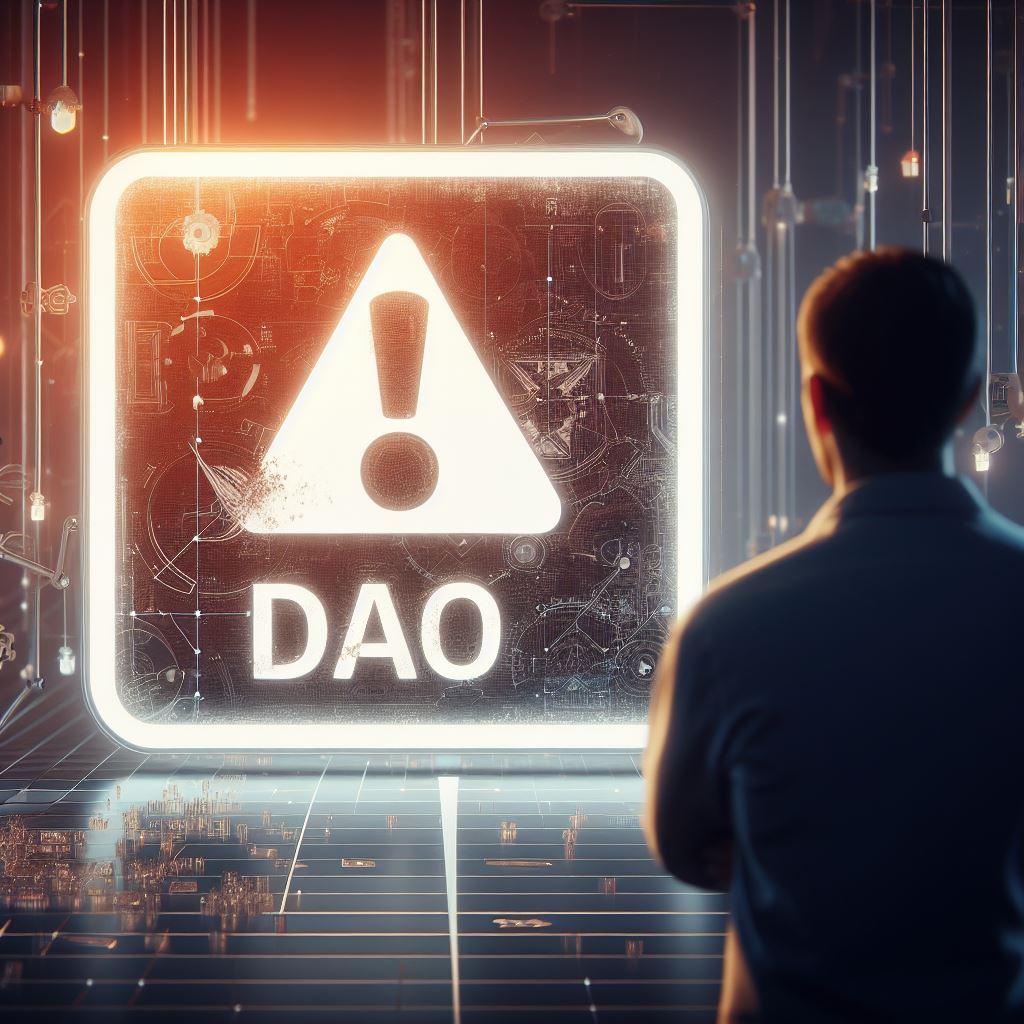In this blog post, I will discuss the three main reasons why my experiment with a decentralized autonomous organization (DAO) in venture philanthropy failed. These reasons are:
- Legal uncertainty in India regarding decentralized technology
- Lack of technical infrastructure
- Implementing the DAO too early in the project
Legal uncertainty
There is currently no clear legal framework for DAOs in India. This means that there is uncertainty about how DAOs would be treated under Indian law, and what rights and obligations DAO members would have. This uncertainty made it difficult to have a stabilized form of DAO.
Lack of technical infrastructure
India still lacks the widespread adoption of blockchain technology and other technologies necessary to support DAOs. This made it difficult to find and onboard users for the DAO.
Implementing the DAO too early
I implemented the DAO too early in the project, when the project itself was still at the prototype stage. This meant that the DAO was not well-defined and did not have a clear roadmap. This made it difficult to attract users and build support for the DAO.
Despite these challenges, I believe that the concept of a DAO in venture philanthropy has the potential to be successful in India. However, it is important to address the challenges discussed above before DAOs can be widely adopted.
I want to emphasize that both ignorance and unforeseen circumstances played a role in the failure of the DAO experiment. I was ignorant of the legal and technical challenges involved in implementing a DAO in India. The project also faced unforeseen circumstances, such as the reformed regulations regarding the industry, and financial challenges, which made it difficult to build momentum around the DAO.
Despite these setbacks, I am still optimistic about the future of DAOs in venture philanthropy. I believe that once the challenges discussed above are addressed, DAOs can play a major role in supporting early-stage startups and social impact projects in India.


